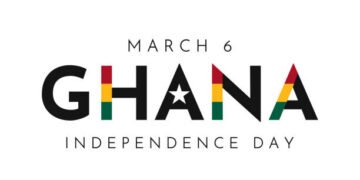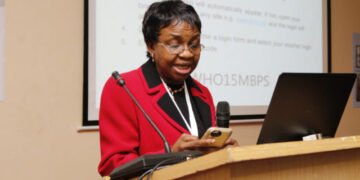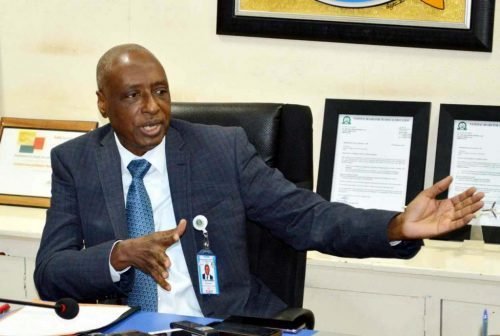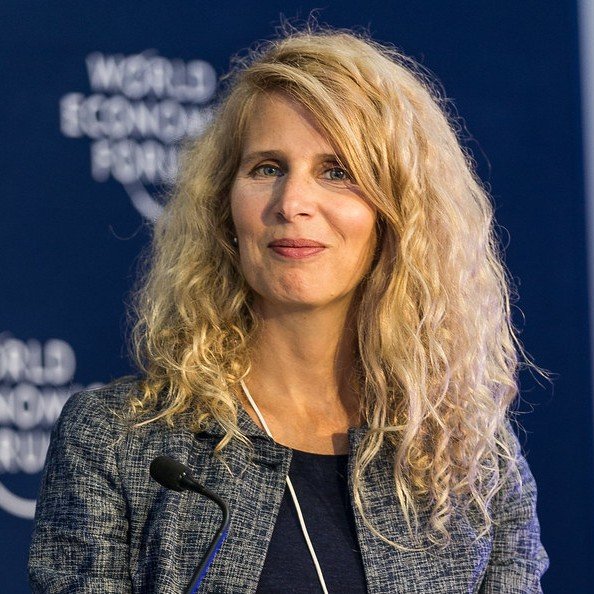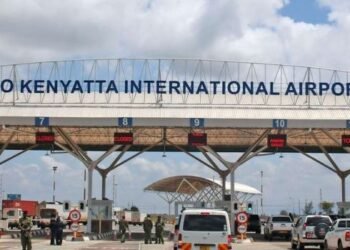The Nigerian Communications Commission said SIM cards that are yet to be linked to the National Identity Numbers (NIN) will be deactivated by the end of February.
NCC Executive Vice Chairman/Chief Executive Officer, Aminu Maida, disclosed this during a meeting with journalists this week. He said: by the end of this month, SIMs without NIN will no longer work.”
The compulsory linkage began in December 2020 when the government directed telecommunication companies to block calls from unregistered and unlinked NINs.
The policy was expected to help the authorities in fighting bandits and terrorists who kidnap and kill innocent people daily.
Despite the extension of deadlines, many phone lines are yet to be linked. Three years later, it is not clear how much the SIM-NIN connection has helped in fighting insecurity as terrorists have continued to attack Nigerians.
While Mr Maida was speaking, he said “Pre-registered or illegally registered SIM has been a challenge for a long time. In 2021, there was a policy to link NIN with SIMs thinking that such will take care of the problem but people in the value chain lashed out on loopholes.”
He added that the commission will hold telecom service providers accountable for service delivery to customers.
“You are going to see a change in the way we make decisions; we are going to be very data-driven. All our decisions are going to be backed up by data as much as possible. We want to reduce subjectiveness and make the right decisions that will improve the industry.
“We intend to hold our licensees accountable for all services. After all, the consumers pay for the services and they expect the service to be at a certain level or point so we will be holding our licensees accountable to ensure they deliver on their obligations to their licenses.
“We need to put smiles back on the faces of consumers. NCC is clear on this; we need to protect the interest of consumers. They remain number one because that is where you extract values from. Yet, the interest of licensed operators will also be protected while we put eyes on their activities to see the level of compliance,” he said.
He explained that the commission would focus more on the consumer, government and licensees, and the industry.
“The commission also will be driven by the recognition that we have primarily three critical stakeholders in the industry. These are the consumers of telecom services, the industry and the licensees. The topmost are the internet service providers (ISPs), submarine-landed cable companies, and all of the licensees of the commission and last but not least, the government,” he said.
“What we recognise is that each of these stakeholders has a unique perspective and has different expectations. Our approach will thus be to work towards the expectations of these stakeholders and everything.”
He further explained that the commission intends to focus on second level complaints by monitoring licensees’ customer service systems.
He said this will enable the commission to identify consumers’ complaints and the reason it takes so long to address their issues.
Furthermore, what we see today is just those second level complaints, those are people who brought that complaint to us and you will agree with me that it is a small portion of the unhappy people because it is only those who even know that they can escalate to us that will come.”










